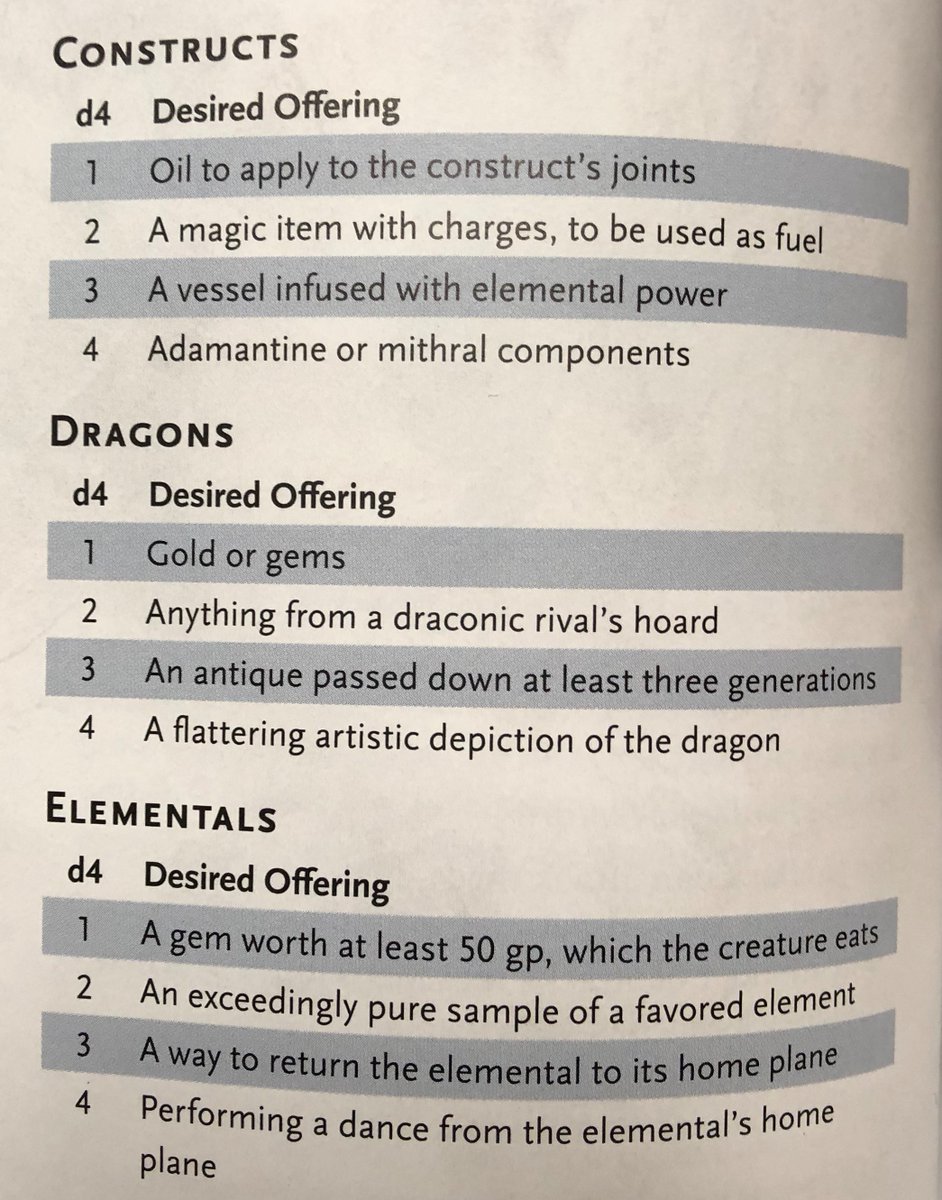

Now it's time to pick the subclass, of which there are six options: thief, mastermind, swashbuckler, scout, arcane trickster, and assassin. RELATED: Dungeons and Dragons: Easiest Classes For New Players
All of a rogue's combat abilities are dexterity-based, and no other skills are based on strength, so every other ability score should be higher up than this one-rogues really don't need it, even when facing up against the weirdest creatures in the Monster Manual. Therefore, that makes strength the obvious dump stat. If the rogue is neither an arcane trickster or a swashbuckler, then intelligence and charisma become the third and fourth-most important stats-not the dump stat, but not necessary for much of anything either. Swashbuckler rogues, meanwhile, will need charisma to be their secondary stat rather than either wisdom or constitution. However, arcane tricksters will instead want their intelligence score to be on par with their dexterity, as that is how they cast spells in D&D. The next two important stats can actually vary depending on the build in general, constitution and wisdom should be the two next-highest stats, as perception (wisdom) is a critical skill for rogues and constitution determines the character's HP pool. It's mandatory regardless of the build, and attack bonuses, damage, AC, and initiative go up with every ability score increase as well. Rogues are defined by their ability to move around a battlefield quickly and easily, and the Aarakocra's wings make it even easier.Ībility scores decide just how good a character is at all the various skills available to them, so naturally, a rogue's highest ability score, bar none, needs to be dexterity. Aarakocra get a decent dexterity bonus, but their real appeal is flight. Tabaxis are, arguably, even better suited to the rogue class than elves they've got the dexterity bonuses, proficiency in two important skills, a climbing speed, darkvision, and feline agility-it really doesn't get any better than this. Looking outside of the automatically available races, players willing to explore some of the official D&D supplements should also take a look at tabaxis and aarakocra. Lightfoot halflings also have a great dexterity bonus and a little built-in luck of their own, so the only real drawback to choosing them would be the lack of darkvision. Elves have the dexterity bonuses that a rogue needs and darkvision to boot, so they're the perfect match for a rogue wood-elves, in particular, are the best choice, as they've also got an extra 5 feet of movement and stealth abilities of their own.

Humans are designed to be versatile and therefore suitable for any class, and variant humans also get to choose a pretty cool feat right at level one, so it's impossible to go wrong with a human character. For that best rogue build, players choosing from the basic Players' Handbook should strongly consider an elf, human, or halfling. The first choice players will face in character creation is that of race, and a few racial options come with ability bonuses that suit a rogue perfectly. RELATED: Dungeons and Dragons: All Available 5e Settings Explained With battlefield mobility unlike any other class and the ability to deal nearly unparalleled amounts of damage in one hit, rogues really are a fantastically fun and useful class to play.
#Soulknife handbook 3.5 brilliant gameolo how to#
However, knowing where to focus the rogue's skills and how to play one is where the class's true power can be found. Other melee classes like fighters and barbarians have more HP and deal more consistent damage, while spellcasters can exercise more battlefield control and bards are, truly, the most suited to being a party face than any other class. And when players follow a particular formula of stats, abilities, and more, they can end up with a rogue that fills in all the gaps a party might have-after all, rogues make for ideal scouts, strikers, and party faces, being one of the most versatile classes available in D&D 5e.Īs generalists, rogues may appear weaker than other classes in.well, most areas. For those who love to operate in stealth, weave through combat like a shadow, or just play a lovable kleptomaniac in Dungeons & Dragons, the rogue would be the class of choice.


 0 kommentar(er)
0 kommentar(er)
